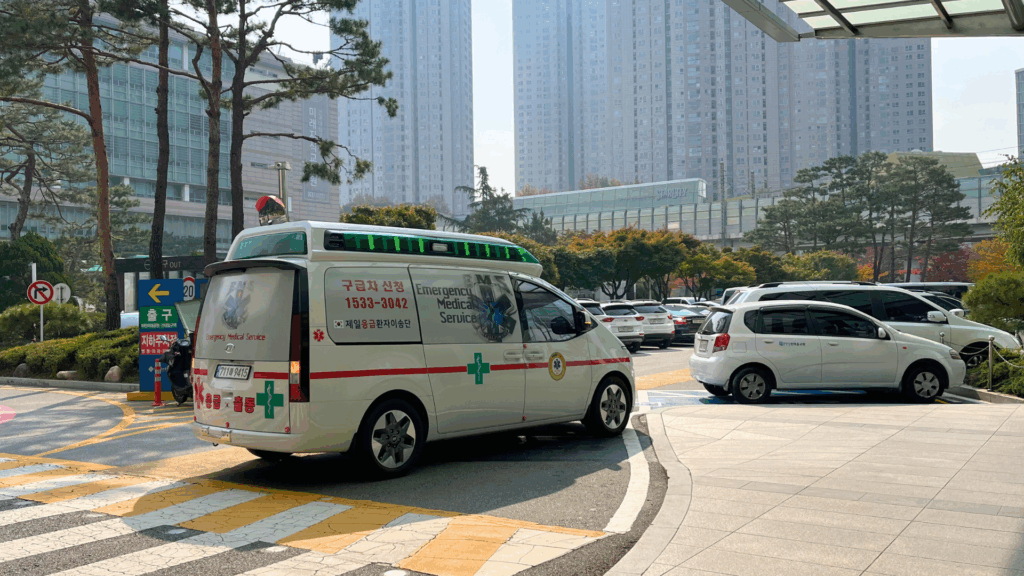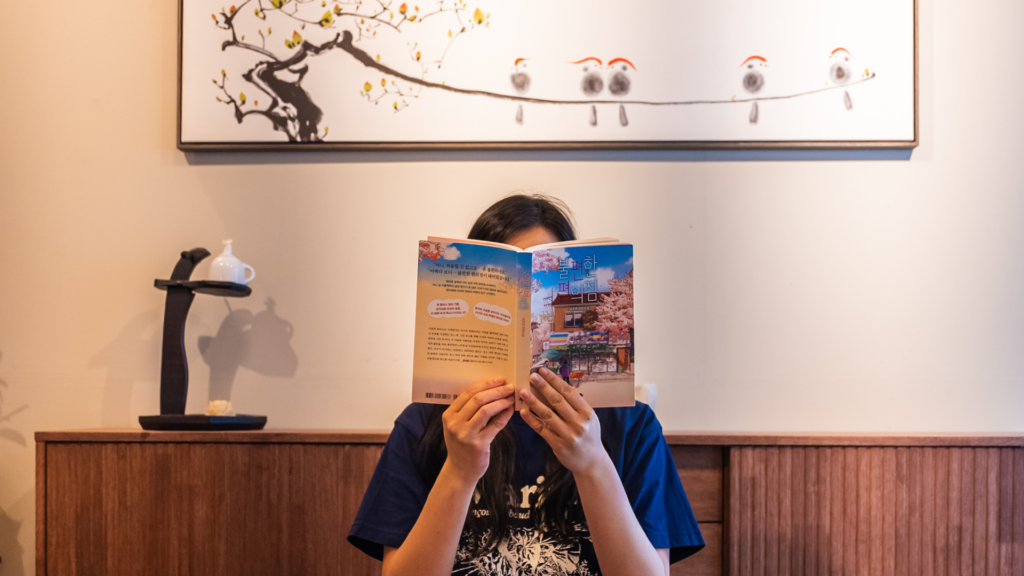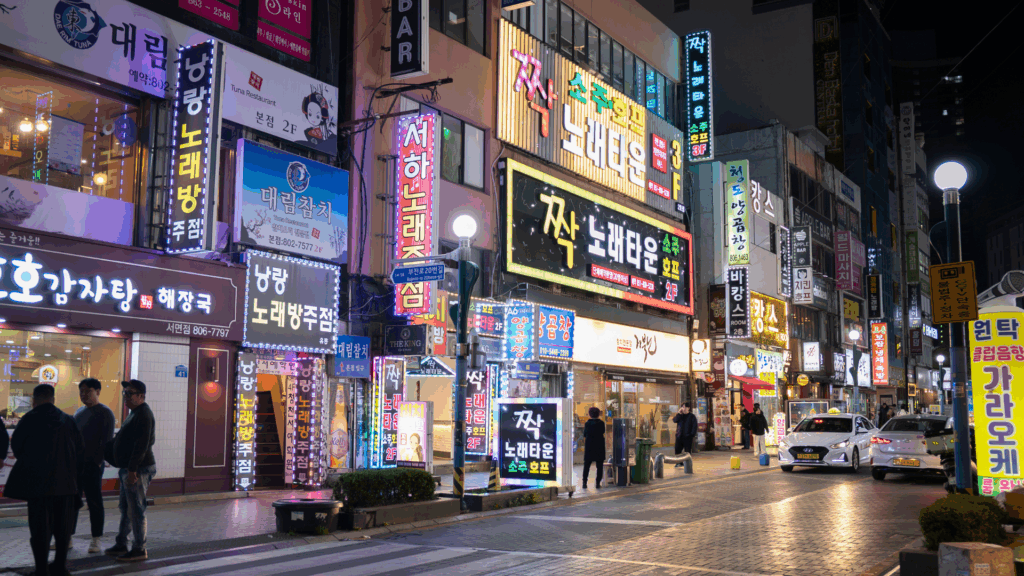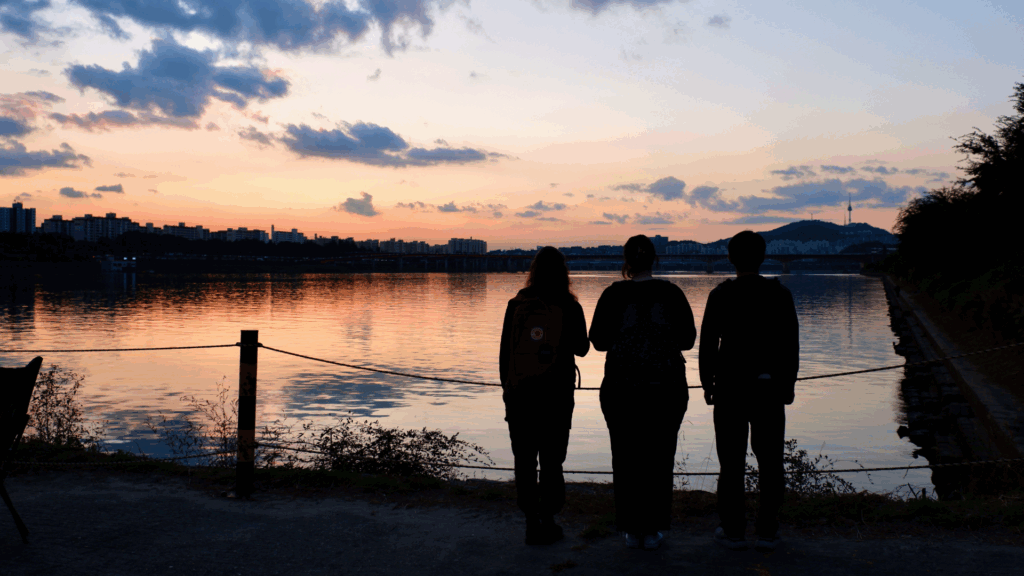Getting sick in a foreign country can be stressful, especially when there are language barriers, unfamiliar medical systems, and uncertainty about costs. This guide will walk you through everything about the medical care in Korea and what steps to take when you get sick in Korea. We’ll also include essential Korean medical vocabulary to help you communicate more effectively when you get sick in Korea.
Here are 5 things to note when you get sick in Korea
1. The difference between clinics and hospitals
When you get sick in Korea, your first step is deciding where to go. There are different types of medical facilities, and knowing the distinction can help save you time and money.
Most mild symptoms like colds, headaches, mild stomach pain, or rashes can be treated at local clinics, known as uiwon (의원). Clinics are usually the most convenient and affordable option for everyday illnesses. They do not require an appointment, so if you’re unsure where to start when you get sick in Korea, this is usually your best bet.
For more severe symptoms or if you require specialized treatment, you might need to go to a hospital. Korea categorizes its medical facilities into a three-tier system.
Third-tier clinics (also called primary care centers or community clinics) are your everyday clinics. Second-tier hospitals are general hospitals that provide more comprehensive services and might have several specialists available.
First-tier hospitals, also known as general hospitals, are usually large university or regional hospitals with advanced equipment, multiple departments, and inpatient services. If you need surgery or specialist care when you get sick in Korea, you would likely be referred to a first-tier hospital.
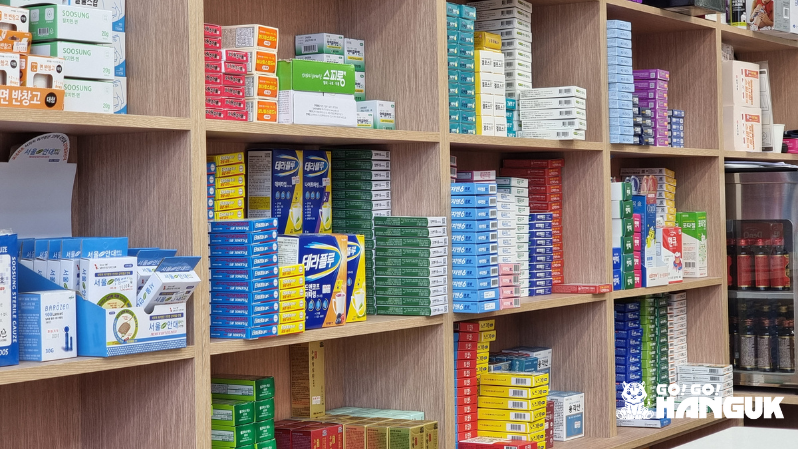
2. Cost of doctor’s appointment and medication
If you get sick in Korea and visit a clinic, the consultation fee is relatively affordable, especially if you’re enrolled in Korea’s National Health Insurance Service (NHIS).
On average, a visit to a local clinic costs around KRW 10,000 to KRW 15,000 with insurance. Without insurance, the cost could rise to about KRW 30,000 to KRW 50,000.
However, the consultation fee is just part of the cost. If the doctor prescribes medication, you will need to go to a nearby pharmacy (yakguk, 약국) to purchase it. The cost of prescription medicine with insurance is typically KRW 3,000 to KRW 7,000. Without insurance, you might pay around KRW 10,000 to KRW 20,000, depending on the prescription.
Find out how to get medications in Korea and what you can buy at a pharmacy in Korea too!
3. NHIS vs Student health insurance
There are two main ways students can be insured in Korea: through the National Health Insurance Service (NHIS) or private student health insurance, usually arranged by the school. View our article on how the Korean health insurance works for you.
If you are enrolled in NHIS and you get sick in Korea, your medical costs are heavily subsidized, and you will only need to pay 20% to 30% of most outpatient treatment and prescription costs at the time of your visit. NHIS is mandatory for students who stay longer than six months in Korea.
If you are covered by school insurance, things work a little differently. You will usually pay the full amount at the clinic or hospital first and then submit your receipts to the insurance company designated by your school for reimbursement. This is why you should always keep your receipt!
It is also important to clarify with your school’s international office about how this process works, including which documents to submit and how long it takes to receive a refund. This information is particularly useful when you get sick in Korea and need to recover costs quickly.
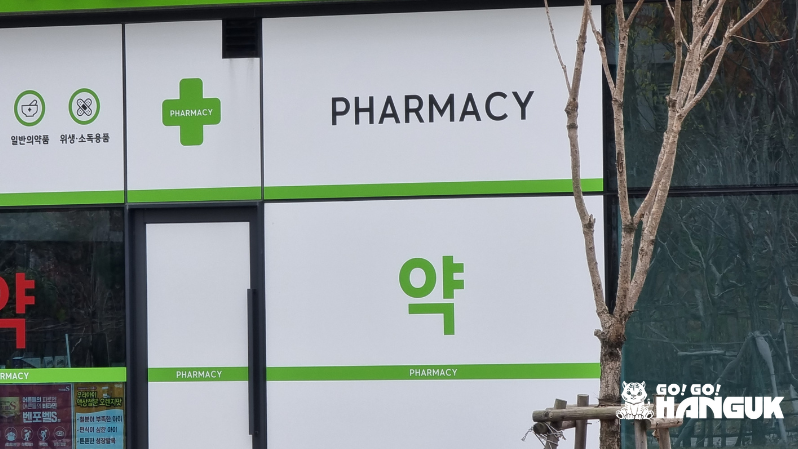
4. Finding English-speaking clinics and how to make a reservation
For foreigners who don’t speak fluent Korean, visiting a doctor can be intimidating. Thankfully, there are many clinics and hospitals in Korea that cater to English speakers, especially in cities like Seoul, Busan, and Daegu. If you get sick in Korea and are worried about communication, these clinics are a great option.
Some of the more well-known hospitals with international clinics include Severance Hospital, Asan Medical Center, and Samsung Medical Center. These institutions often have dedicated departments for foreigners with multilingual staff.
To make a reservation at an English-speaking clinic, you can either call directly or use the hospital’s online booking service. Most international clinics have an English version of their website, and some even allow bookings through email.
You may be asked for your Korean residence card number and insurance details, so keep those on hand when making a reservation. It’s always best to make a reservation for international clinics, as they tend to be in high demand. This is especially true if you get sick in Korea during peak seasons like winter.
Additionally, the Seoul Global Center (SGC), operated by the Seoul Metropolitan Government, offers a 24-hour Medical Referral Service (MRS) specifically for foreign residents in Korea. Find out how to contact them here.
5. A useful vocabulary list of medical departments in Korean
Being familiar with these department names helps when you’re trying to explain your symptoms or when you get sick in Korea and need to be directed to the right department. Below are some commonly used departments you may encounter and what they treat.
- naegwa (내과): internal medicine; general health checkups, colds, fevers, stomach issues.
- oegwa (외과): surgery; treatment involving surgical operations.
- pibugwa (피부과): dermatology; skin-related issues like acne, rashes, or eczema.
- ibiinhugwa (이비인후과): ENT, also known as ear, nose, throat; treats sinus infections, earaches, and sore throats.
- angwa (안과): ophthalmology; eye-related concerns, prescriptions for glasses or treatment for eye infections.
- jeonghyeongoegwa (정형외과): orthopedics; bone and joint issues, sprains, or physical injuries.
- chigwa (치과): dentistry; toothaches, cleaning, and dental surgery.
- sanbuingwa (산부인과): obstetrics/gynecology; women’s health, pregnancy, and menstruation-related treatment.
Tips for you!
- Bring your Korean residence card and insurance card to every visit.
- Download translation apps or prepare key phrases in Korean in case staff don’t speak English.
- Look for hospitals that have an “International Clinic” sign or check their website before visiting.
- Always ask for your receipt and treatment record—these are needed for reimbursement if you’re under student insurance.
You’ll find that once you’re familiar with how things work, getting medical help in Korea is manageable and efficient if you get sick in Korea!
For more information, follow the Go! Go! Hanguk blog, and don’t hesitate to contact us about living and studying in Korea.
